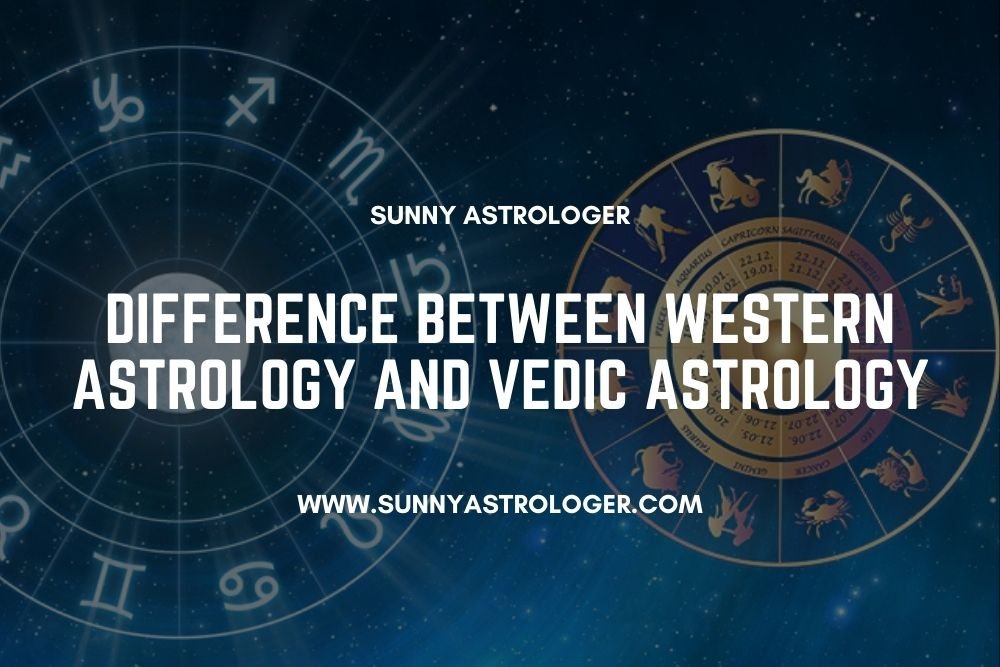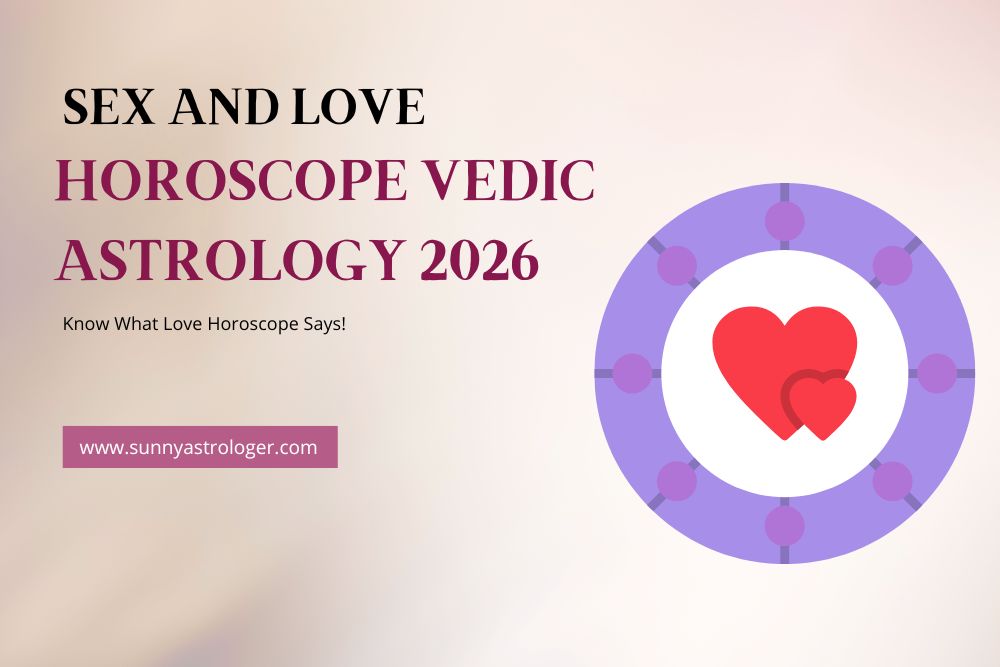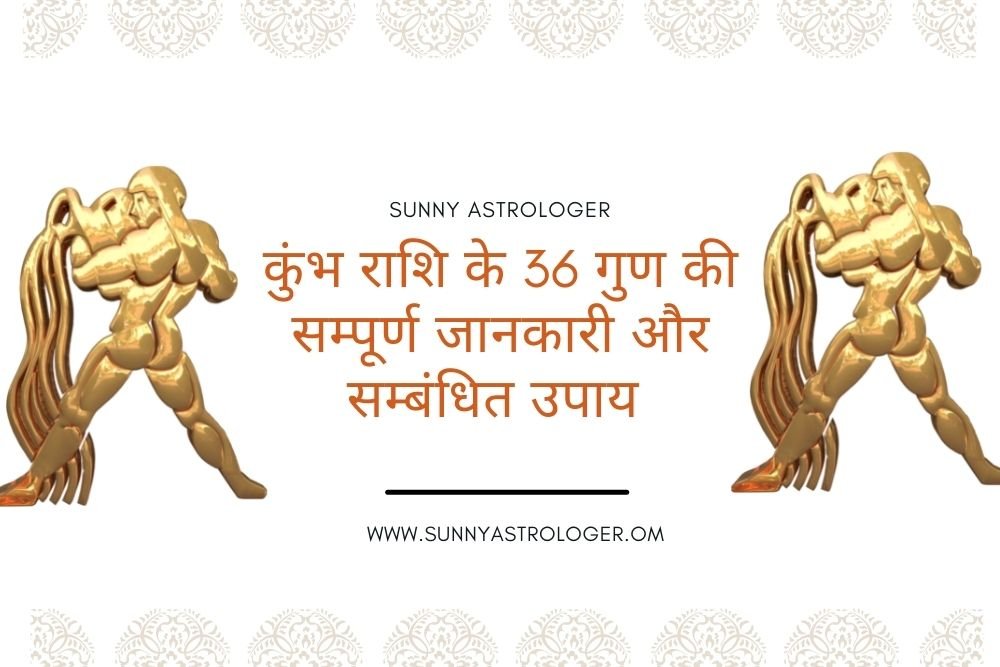
Difference between Western Astrology and Vedic Astro
Difference between Western Astrology and Vedic Astrology
The most popular forms of astrology is western astrology and vedic astrology, which are widely used by the astrologers world over. There are equal number of supporters for both forms of astrology, claiming to accurately predict the past present and future of an individual and acutely identifying the problems and the remedies.
Vedic Astrology is the oldest form of astrology being practiced in India from thousands of years, much before the origin of western astrology. Astrologer Sunny Sharma is among the leading Vedic astrologers who has find a mention in the list of Best Astrologer in India 2024. He has outlined the major differences in vedic and western astrology mentioned below:
* Origin: As the name suggests, western astrology and vedic astrology are derived out of two different schools of thoughts that can be differentiated on basis of their geographies - eastern world and western world.
The roots of vedic astrology can be traced back to vedic period and finds mention in the oldest scriptures of the mankind, Vedas. Vedic astrology birth charts were read by the saints and seers of thousands of years ago.
Whereas Western Astrology has its roots in the mighty civilisation of Greece and the Egyptian civilisation.
* Astrological Calculations: Vedic astrology is based on the concept of “Sidereal Zodiac” where the astrological system is fixed around which nine planets revolve. It takes into consideration the duration earth takes to revolve around the sun with respect to Chitra, the fixed star. The sidereal year is 20 minutes longer in comparison to tropical year.
Western astrology is based on “Tropical year” which is entire movable zodiac, nothing fixed.

* Planets:Vedic astrology predictions make use of 9 planets, 27 lunar constellations, called Nakshatras, under 12 zodiac signs. The nine planets used by vedic astrologers are Sun, moon, Mercury, Jupiter, Saturn, Venus, Mars, Rahu-Ketu and the two nodes of the Moon.
Western astrology too makes use of 9 planets but it doesn’t have a concept of Rahu and Ketu and the two nodes of the moon. It considers Uranus, Neptune and Pluto for making future predictions, the planets which are non-existent as per vedic astrology. Western astrology also have no concept of Nakshatras or constellations.
* Time System: Vedic astrology birth chart has various dashas including Vimshottarri Dasha to study the planetary transits and predict future events. Western astrology doesn’t have dasha system. Planetary transits are analysed on the basis of their movements.
* Solar and Lunar System:Western Astrology is a sun based astrology, which emphasis more on the movement and placement of the Sun, whereas vedic astrology is a moon-based astrology.













